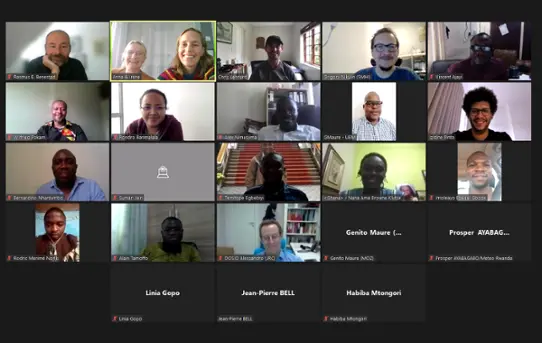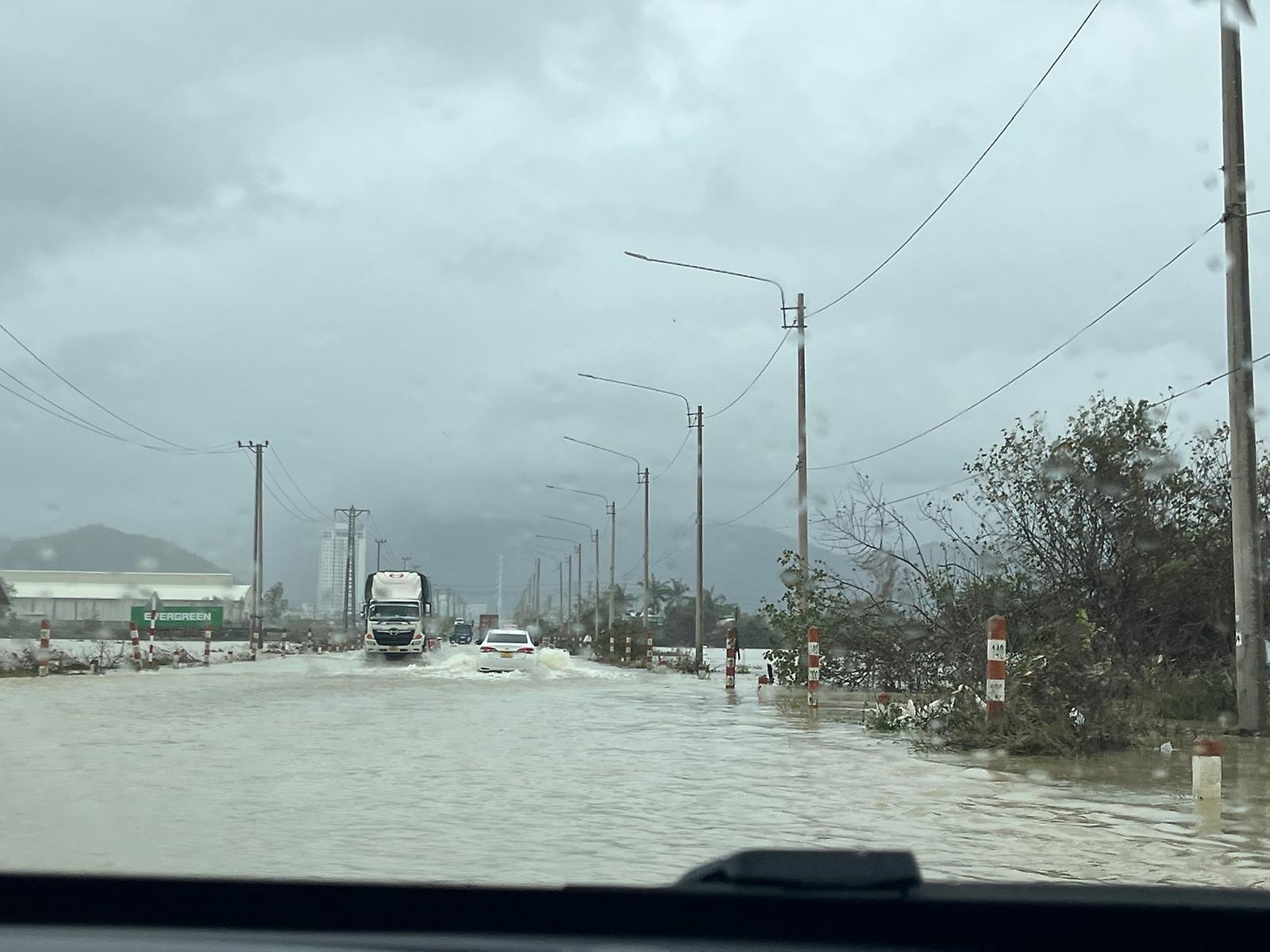CORDEX workshop for thirteen African countries
The CORDEX office at SMHI, the National Institute of Meteorology in Mozambique, the Norwegian Meteorological Institute, the University of Cape Town in South Africa and the University of Yaounde in Cameroon jointly organized a workshop that gathered thirty participants from thirteen countries. The purpose was extended collaboration and to discuss the most pressing issues and gaps in climate information in order to enable well informed decisions for Africa.
In December 2021 the international CORDEX office at SMHI in cooperation with colleagues from Mozambique, South Africa and Cameroon held a workshop for thirty participants from thirteen African countries. The aims were to create more collaboration within the CORDEX community over Africa, enlarge existing networks and identify priorities for research activities and further actions.
Improving local and regional skills
There is a great need for robust climate information to be able to make well informed decisions. The question is how to define what is robust and what is most pressing? It really comes down to how to produce better and more usable information to assess the impact on various sectors. There might also be a need for a stocktake on local and regional skills, including infrastructure for future capacity planning.

Many of the participants have earlier been involved in workshops, training or CORDEX projects. Some years ago, some of the organizers of this workshop initiated teams for different parts of Africa not only to create networks and exchange but also to build local and regional capacity and knowledge. The overall aim is to expand and further develop these teams and to support exchange between projects and across regions to produce or use climate information.
Discussions on urgent climate challenges
This workshop highlighed discussions on focus areas to improve what has already been done and to develop new information, and to continue the analysis of differences in impact between 1.5 and 2 degrees global warming.
- What are the consequences locally and regionally in Africa and what do the latest climate scenarios show?
- What are the trends for extreme rains or drought? When and where will they occur, how long will they last, has seasonal rainfall or the dry spells shifted in onset and duration and what triggers them?
- How do extreme rains and flooding affect infrastructure, especially in the dry season?
- How do processes at different scales influence each other, like how the really large scale processes are reflected in local or regional events?
- How are heat waves related to health issues?
- How do heat waves affect agriculture and suitability of crops in West Africa or hydropower potential in Congo?
- How do we work with disaster risk monitoring in order to move towards disaster risk management?
- What degree of detail is needed for actionable information for different impact sectors – is there a threshold spatial scale?
Impact-based predictions
Impact-based predictions might be one of the ways to adress some of the above questions. There were discussions on what models and resolutions to use for various applications, technicalities in models. Other issues were how to best explain and demonstrate the delicate matter that a model result can be robust and yet it is impossible to give one single exact number - how well the models simulate reality and what the uncertainties of the results are. Since computer and personnel resources are limited there is always a compromise to be done, for instance on what models, variables and methods to choose for evaluation and analysis.
As scientific papers are very important in the scientific world there was also a discussion about what kind of papers could be a result.
How to engage with stakeholders
The communication aspect is important: What stakeholders to engage with, what platforms to use in order to keep contact with these communities, what way to talk to them and how to look at the broadscale impacts versus the regional and sector specific questions.
One example of tools is the Climate Adaptation Game that is developed by SMHI. In this game various scenarios can be explored while working with narratives, i.e. putting the impacts into perspective. Another exemple of tools is the HYPEWeb for exploring hydrological predictions https://climateinformation.org/  External link.
External link.


